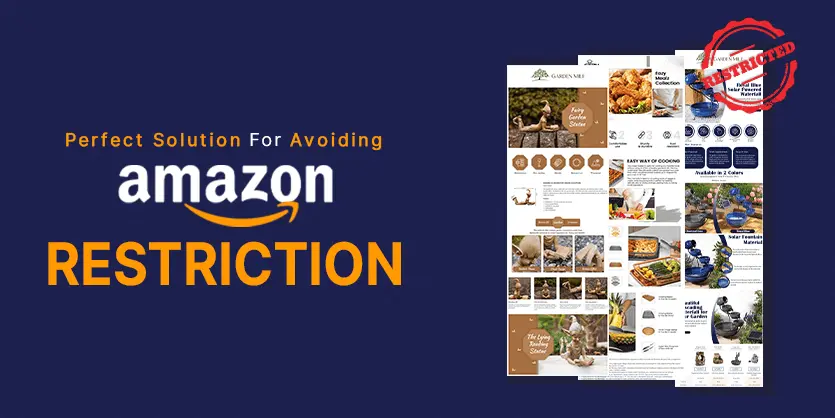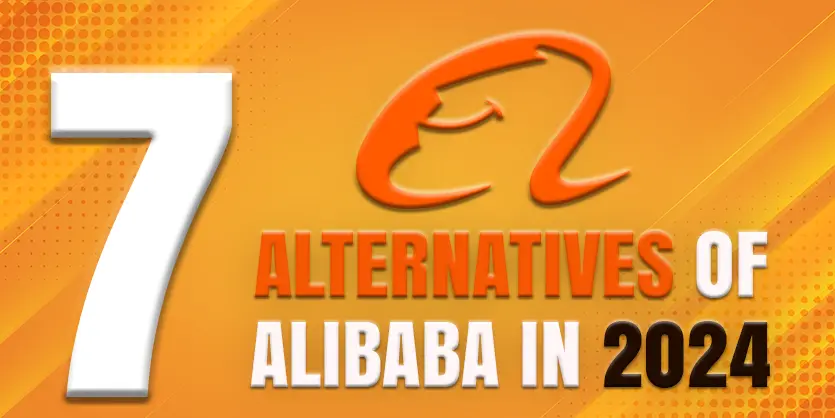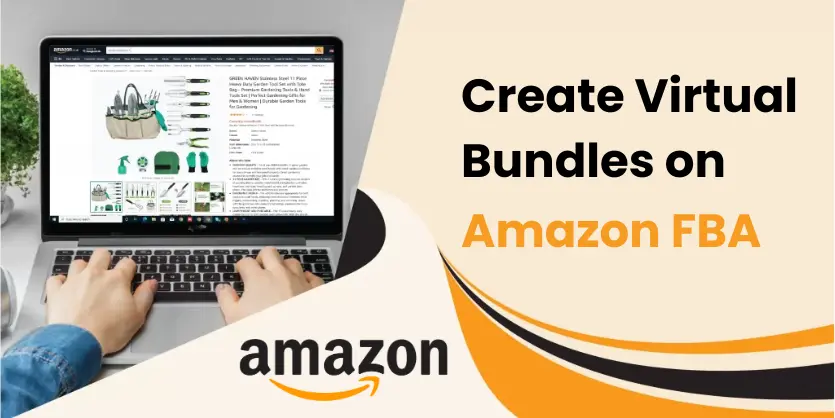What is Amazon A+ content?
A+ content enables brands to change the normal text descriptions to a visual representation. One can use this tool to describe product features graphically by including a unique brand story, quality images, and text placements.
Why do sellers use A+ for their product?
A+ now becomes very popular among the sellers to use as their product introduction at a glance. With the help of A+ content, one can describe their product visually to the buyer. Too much information makes a gathering and buyers usually don’t read it as they find this way boring. So Amazon comes with the idea of creating an A+ for their product within their given module so that the buyers can find the information at a glance and also looks very interested in the lifestyle on the A+. This helps the seller to increase the sale and get benefited.
What are the keywords that can get listing banned?
There are some terms that might seem obvious, like-drugs and drug paraphernalia, and some that are less obvious, like cosmetics and skin or hair care, etc.
Some terms might seem obvious, like drugs and drug Relevant, and some that are less obvious, like cosmetics and skin or hair care, etc.
- Certification claims (for example, recommended by, certified, tested, approved, proven, validated) and awards must be substantiated by a note in the text with certifying or awarding body, study, publication or other evidence, and year.
- Environmental claims with words like “eco-friendly,” “biodegradable,” and “compostable,” including their symbols, are not allowed either in text or in images. Claims that a product is “recyclable” or ” ecological” must be substantiated by a note in the text with supporting information, such as materials used or certifying body and year.
- Satisfaction claims (for example, “100% satisfaction guaranteed”), and boastful claims such as “#1 rated,” “top-rated,” “best-selling,” and so on are not allowed.
- Remove any claims to cure, mitigate, treat, or prevent diseases in humans or animals or both regarding drugs, cosmetics, medical devices, beverages, food, and health products (including natural health products, vitamins, and supplements). Other claims regarding such products as well as any general claims require a note in the text to substantiate them.
- Do not reference or compare products with competitors, regardless of how competitors are mentioned (for example, specific names, described as “other(s)”, or otherwise). This content is intended to build the brand and provide additional product details, not to discuss competitors.
- Do not include pricing, promotional details or discounts, promotion references such as “affordable,” “cheap,” “bonus,” “free,” or language directing customers to purchase such as ” buy now,” “add to cart,” “get yours now,” or “shop with us.”
- Do not mention time sensitive information such as now / new / latest / yet / on sale now / the latest product / the best yet, or references to holidays.
- Trademarks and copyright symbols (TM, ®, ©) are acceptable if they’re of reasonable size and either already included on product packaging or always displayed as part of the logo or both. Stand-alone symbols otherwise are never allowed. Any trademark or copyright symbols must be removed from text copy.
- References to off-Amazon customer service or contact information are prohibited (for example, “contact us if you have problems,” phone numbers, contact email).
- Text that attempt to mimic Amazon logos, detail page headings, or details are not allowed. References to Amazon-supported programs or branded products are permitted.
They are not banned, but they are associated with the restricted product. These types of products generally exist in an area called the “gray area.”
HOW TO AVOID THE PROBLEM
If you use a restricted word, Amazon will take down your listing & It doesn’t matter where you put the word. Whether it’s in the title or in the back-end, Amazon bots will find the word and take your listing down.
- Synonyms
There are some helpful synonyms that may help in avoiding the banned words and keep the product listing live, at least in the short term they can be used. For example, when one of our clients was selling self-defense batons and unfortunately, the word “baton” was restricted by Amazon. And we solved the problem by using the word “nightstick” instead of a baton. The synonyms will prevent your product listing from being removed, but they also hurt discoverability. Shoppers frequently type in batons more than a nightstick.
- Strong Product Description
Sometimes, completely innocent products are caught in the restricted WordNet. For example, a listing for a children’s twirling baton might be taken down because the word is restricted. In these types of cases, Amazon may be willing to reinstate the listing as long as you can provide the proper documentation that makes sure that this is only a toy product, not any kind of weapon.
- Sidebar
Despite some information shared online even if they are provided by Seller Support, there is no such thing as “whitelisting” a company or Amazon Seller account for a restricted word. If you use a restricted word, your listing will be taken down by Amazon. There is no solution to this particular rule. When you know that a term is blacklisted or Amazon doesn’t allow it, don’t even bother trying to sneak it in, it will not help.
Note: Make sure that the documentation is accurate, and the safety data sheets show that the product met current safety standards.
So, these are some of the points that are important for Amazon A+ content. But that’s not all. There are so many ways that are needed to know. Hope you all have a great day. Please be with us. We will give you some more information and tips in the future. So be with us. If you find this information useful, please like, comment, share this with you friends and be with Ecomclips.



